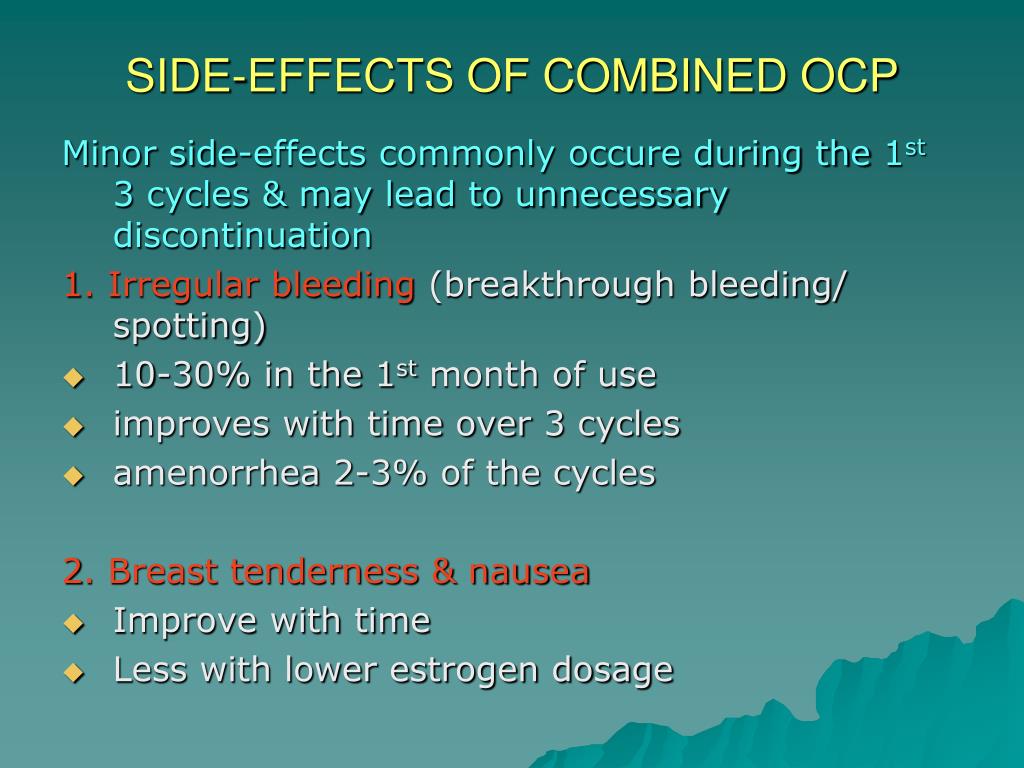
That's what I'm capable of doing right now.Īnderson Cooper: And at the end of the day, do you feel way more tired than you normally would?ĭr. Dayna McCarthy: I basically do my work and I go home and I go to sleep. McCarthy had what she considered a mild case of COVID in March, but eight months later, she says, like so many long-haulers, she still finds it hard to get through the day.ĭr. And I don't think it's all in my head.ĭr.

Mccarthy says that's not what's making them sick.Īnderson Cooper: You believe it's not in their heads.

The lack of answers and the skepticism many of these patients face have contributed to high levels of depression and anxiety, though dr. Mount Sinai is studying commonalities among that pool of patients using data they've compiled, and is scanning long-hauler's brains, lungs and hearts using high-resolution imaging to see exactly what damage the virus might have done. So as a kind of catastrophic event at one time that causes a large group of special patients, you know, in a way, this is very similar to 9/11, but on a much grander scale.Īnderson Cooper: The pool of patients is much larger?ĭr. Zijian Chen: This virus has many different effects on the human body just like what 9/11 did to, you know, their- those survivors. Zijian Chen heads up the center which Mount Sinai modeled on the hospital's approach to another public health crisis: the September 11th attacks.ĭr. To be told what you're feeling is not real.ĭr. You don't mind.Īnderson Cooper: Even recounting that is emotional. And it's one of those moments that I'll never forget because how can I possibly be fine? And when I left the emergency room that day, I was like, "I'm just going home to die." (CRYING) Sorry. Nitza Rochez: They thought it was in my head. Breathe."Īnderson Cooper: They thought it was in your head. Nitza Rochez: The doctors were like, "You're fine.
#MIGRAINE AFTER EFFECTS FULL#
She went to the emergency room, and requested an MRI and a full blood workup, everything came back normal. And my legs were- felt so heavy, as if though a weight was pulling me down that I just- my legs didn't support me.


And she said, "Why are you walking like that?" And I said, "I don't know maybe I'm just tired." And I think three to four days after she mentioned that, I woke up. But leaves something behind.Īnderson Cooper: It leaves the rubble that a tornado leaves behind-īut Nitza says the most terrifying symptom was when her legs started to give out. Sadie Nagamootoo: it's like a, a like a viral tornado (SIGH) that goes in you and kind of just messes you up and then- like, it kind of leaves. While researchers around the world are scrambling to figure out what's happening, Mount Sinai Hospital here in New York opened one of the first centers to study and treat people with what they're calling "Post-acute COVID Syndrome." The patients we met have a less clinical term - they call themselves "long-haulers." It's not unusual for viruses to cause aftereffects, but as you'll hear tonight, doctors tell us they've never seen anything like this. But now, eight months into the pandemic, younger patients who have had relatively mild cases of COVID, are showing up in doctors offices and emergency rooms with mysterious and debilitating symptoms. A potentially tough, but temporary respiratory illness for everyone else. COVID-19 was initially thought to be a disease that was serious for the eldery and people with preexisting conditions.


 0 kommentar(er)
0 kommentar(er)
